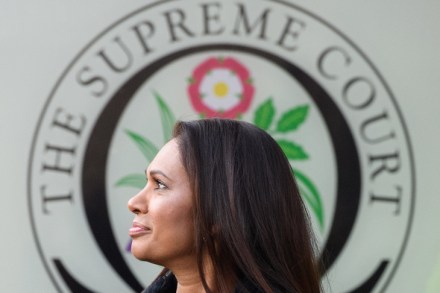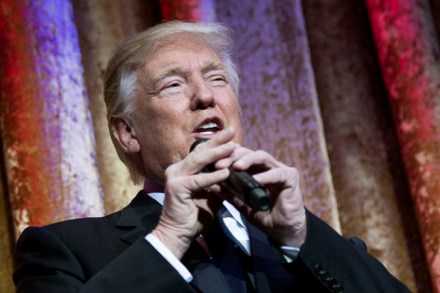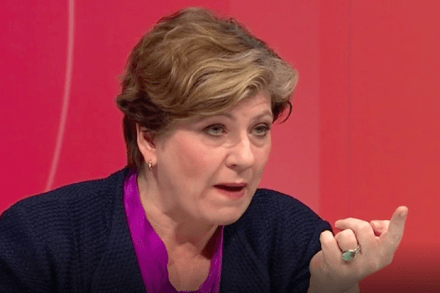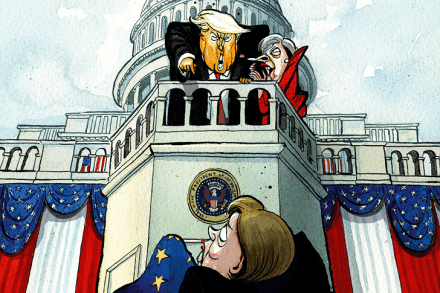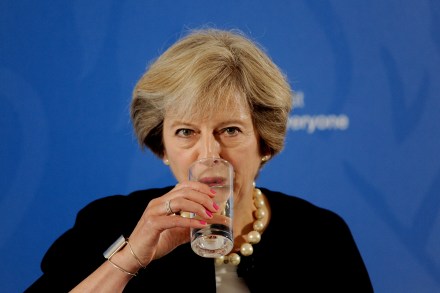What the Supreme Court got right and wrong in today’s judgment
The Supreme Court has today rejected the Government’s appeal from the High Court judgment by a majority of eight justices to three. The decision means that a new Act of Parliament will now be required before the Government may lawfully trigger Article 50. However, the Court has also unanimously dismissed the devolution challenges, which argued that the consent of the devolved legislatures in Scotland, Wales and Northern Ireland was a constitutional precondition to Brexit. The judgment is obviously important, but perhaps less important than once assumed. The litigation was launched immediately after the referendum. While it was framed as an attempt to vindicate parliamentary sovereignty, the point of the litigation
